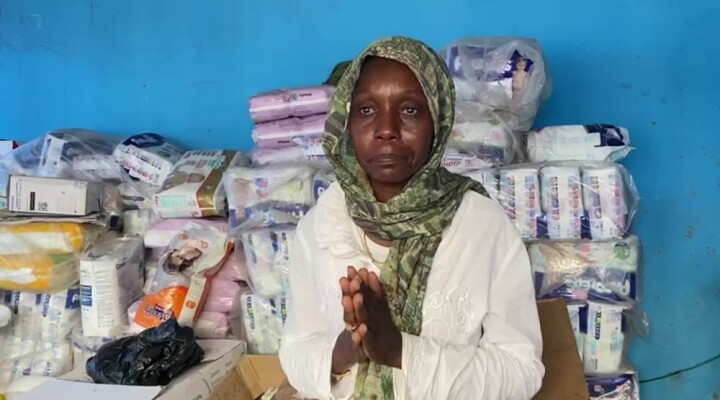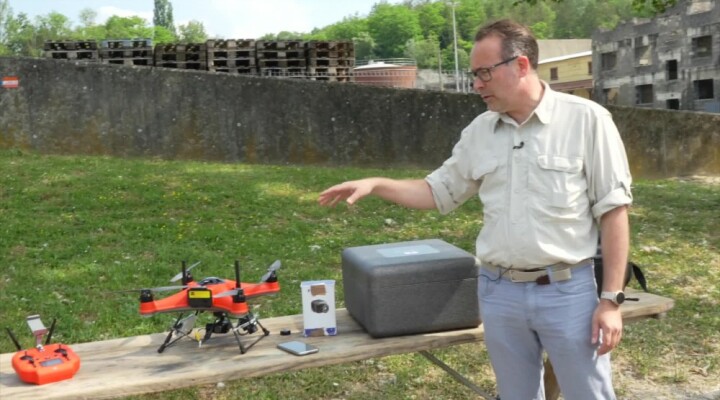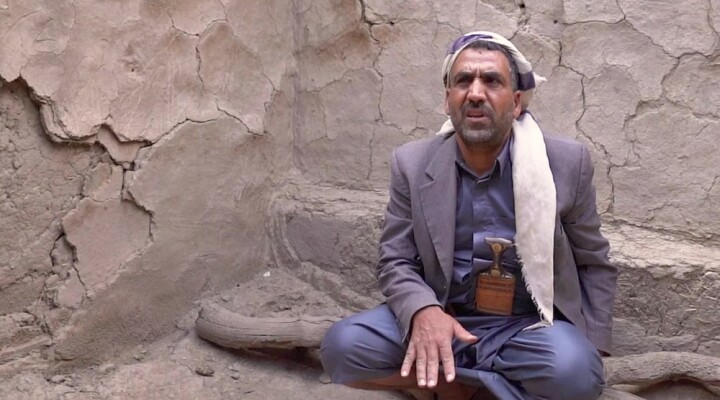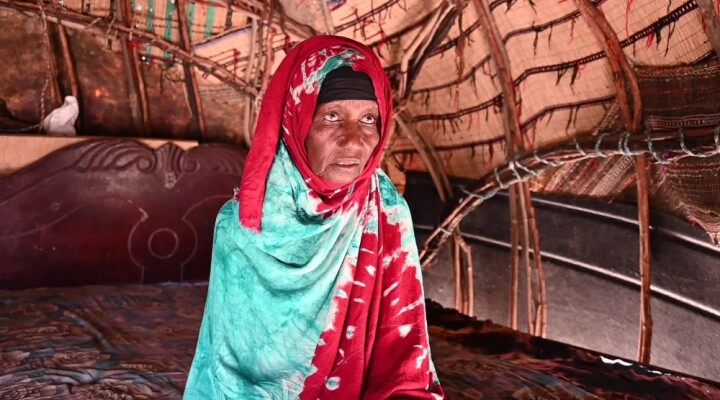Pakistan Floods: Balochistan in dire need
Pakistan's record floods continue to take a massive toll on rural communities in eastern Balochistan, a remote region already reeling from armed violence. As floodwaters slowly recede, an estimated 600,000 displaced flood victims are preparing to return to what is left of their homes.
The floods that have devastated lives and livelihood hit hard on the people in Balochistan. Security concerns, isolation and restrictions on the movement of staff further aggravate the prevailing dire needs for food, water, shelter and medicines.
Dera Allah Yaar, the district capital of Jaffarabad, was inundated by floodwaters coming from Sindh province. Mrs. Murad Khatoon, aged 90, resident of village Theri near Lehri is living with her blind husband and grand children. Her daughter-in-law was drowned in flood and her husband was stuck on the other side of the stream. He is not coming back as he feared that flood might come again. In her words, '' I do not have anything and there is no one to support me. Floods have washed away our house and all the belongings. My son-in-law has not come to me yet. We received a little food before. Now we have enough food. We also need some money and clothes for children and me." Mrs Murad Khatoon is contended as on one hand, she has the food and on the other hand, her husband is safe and is looking forward to seeing him soon.
In the villages of Union Council Lehri of district Sibi, the residents have nothing left but remains of their houses that were washed away by flood wave. The Pakistan Red Crescent together with the ICRC has started distribution in this area and are trying to speed up the provision of relief in order to reach as quickly as possible to those still without any help.
The ICRC one month food package at least relieves the victims from worrying from feeding their children and focus on other issues like finding a shelter. The situation is particularly difficult for women and elderly people as they cannot do any labour to buy food owing to their weak physique.
Adrien Zimmermann mentions the gravity of the situation in following words, ''Humanitarian organizations are overwhelmed. More can and has to be done. The ICRC stands ready to do that but needs more humanitarian space, needs more access to the victims. The ICRC needs to be able to bring more expertise, deploy to the field in order to quicker, and more comprehensively assist the people.''
ICRC have assisted roughly, 30,000 people are aiming to assist 375,000 people over the next four to six weeks.
Balochistan, geographically 43% of Pakistan but the least developed, has already been affected by violence when torrential rains unfold yet another misery for already impoverished people. The ICRC is supporting Pakistan Red Crescent to distribute food and other relief items to the residents of the affected villages through its vast network of volunteers.
SHOTLIST ATTACHED



